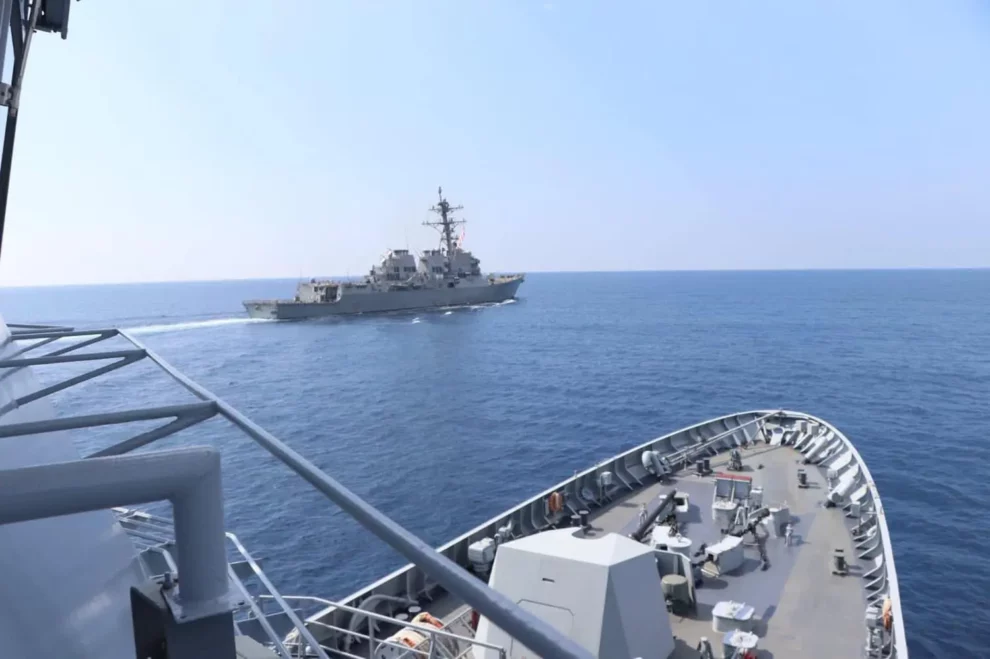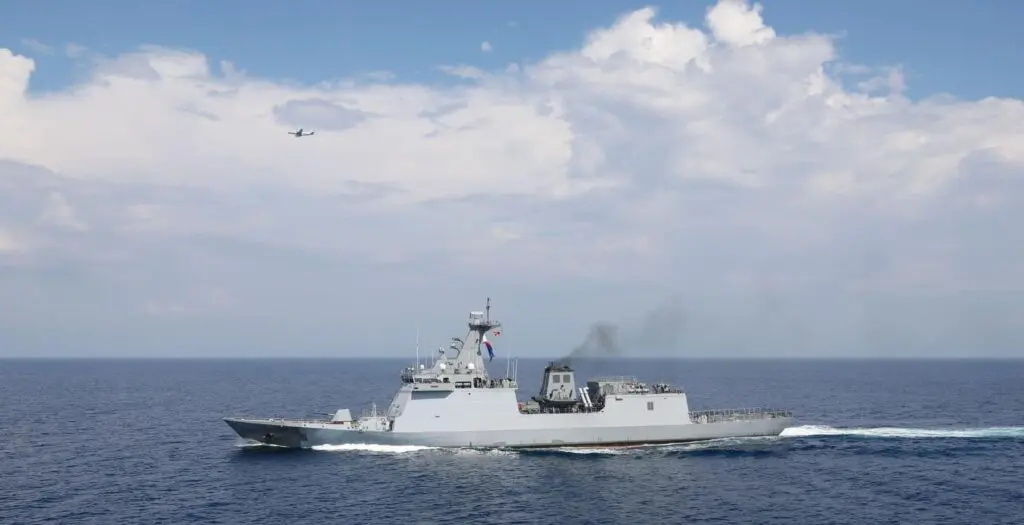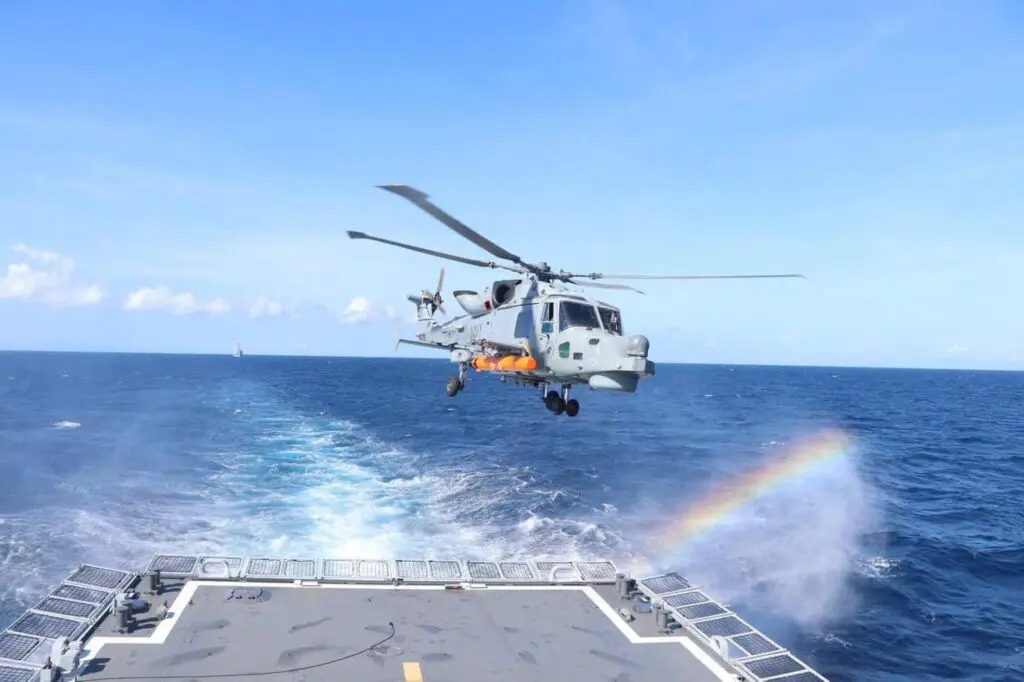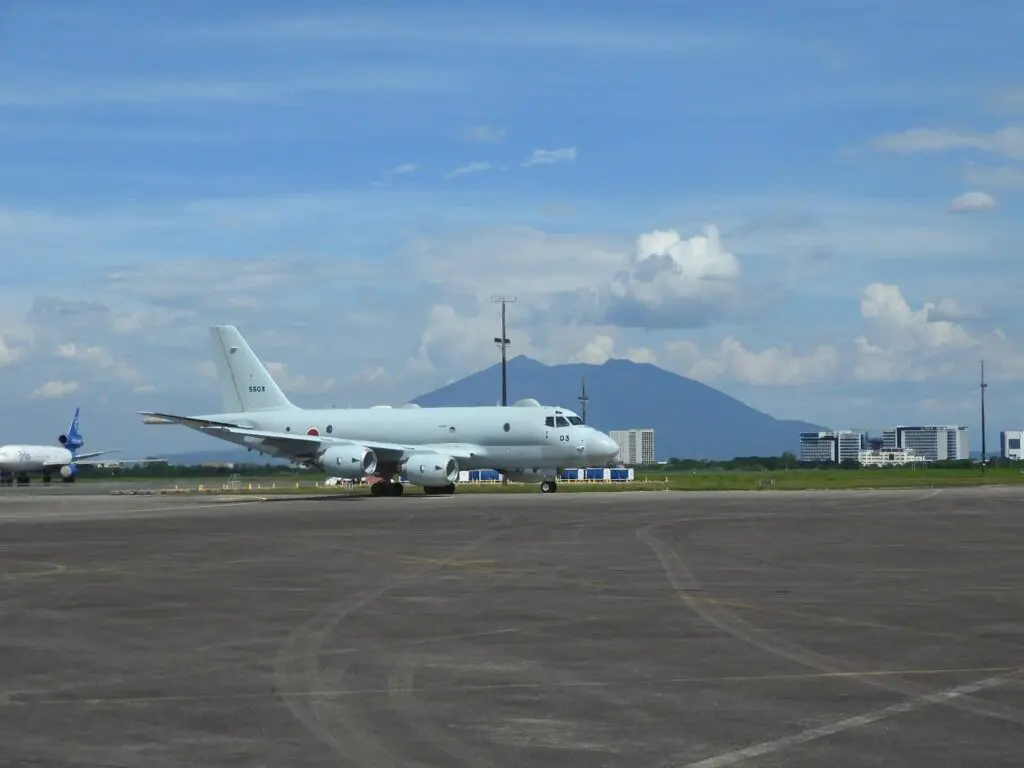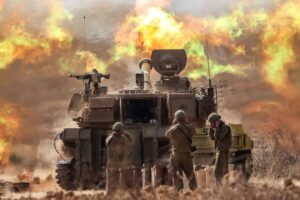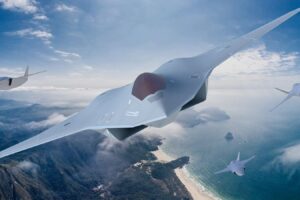As part of a maritime security exercise, the Navies of the U.S., Canada, the Philippines, and Japan are conducting a new combined training in the South China Sea. In recent days, naval forces have begun the maritime phase of Exercise Sama Sama 2024, which is part of the Cooperation Afloat Readiness and Training (CARAT) maneuvers, focused on Southeast Asia and conducted annually by the U.S. Pacific Fleet.
In response to increased hostile and threatening activities by China in the Philippines’ Exclusive Economic Zone, or the West Philippine Sea, the Philippine government has strengthened its cooperation with extra-regional allies, conducting joint patrols more frequently. These actions aim to bolster defense in a key and strategic region where maritime interests are at stake.
Sama Sama 2024 Exercise Activities
This year, Sama Sama includes a variety of maneuvers designed to enhance the preparedness and interoperability of the participating naval forces. Key activities include beyond-horizon targeting, exercises against unmanned aerial systems (drones), and hunting a simulated submarine using allied ships. Replenishment at sea and search and rescue operations will also be practiced.
“Sama Sama also highlights the commitment of various nations to enhance interoperability in modern warfare and joint patrols,” noted a press release from the BRP Jose Rizal, the flagship of the Philippine Navy.
Participating Naval and Air Units
The ships involved in this exercise include the BRP Jose Rizal (FF-150), the BRP Waray (LC-288), and the BRP Nestor Reinoso (PC 380) from the Philippine Navy, HMCS Vancouver (FFH-331) from Canada, and the destroyer USS Howard (DDG-83) from the U.S. Navy.
Regarding air assets, naval aviation includes ScanEagle unmanned helicopters, a U.S. Navy P-8A Poseidon aircraft, a P-1 Kawasaki maritime patrol aircraft, and a ShinMaywa US-2 seaplane, both from Japan’s Maritime Self-Defense Force.







